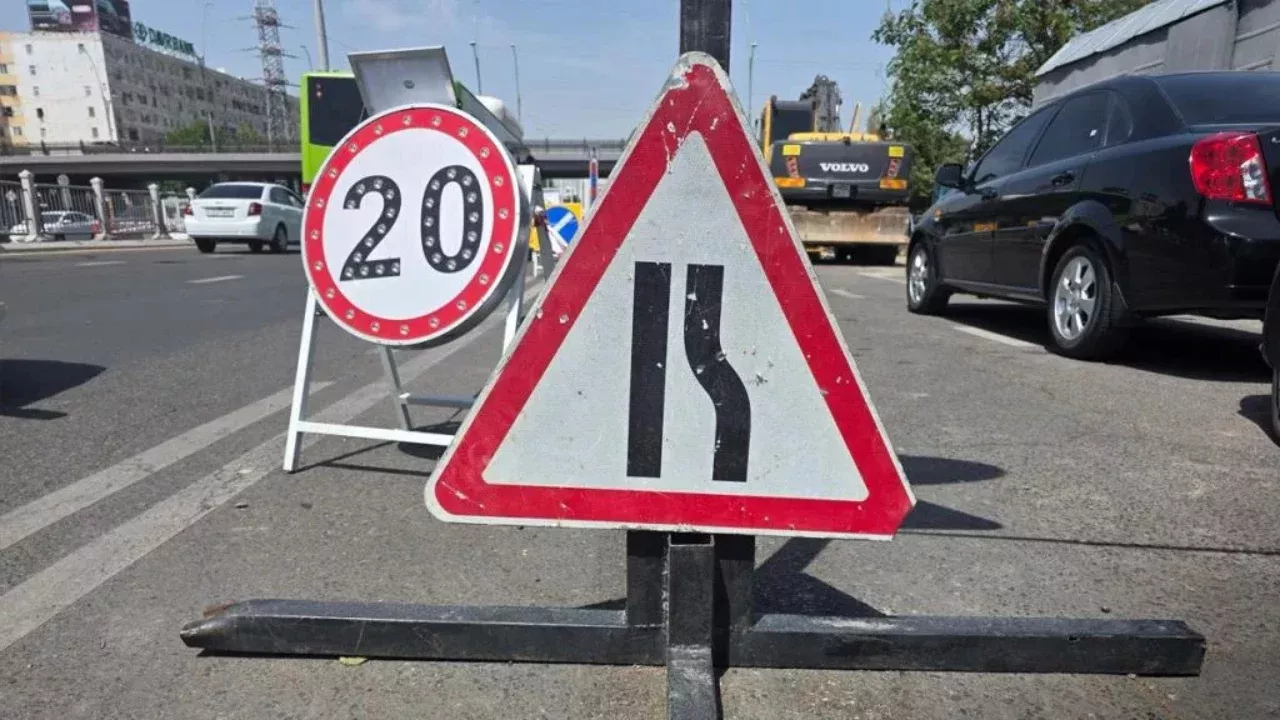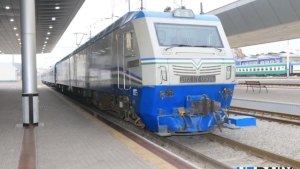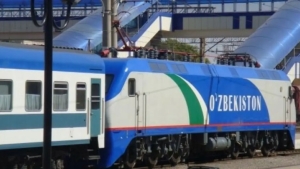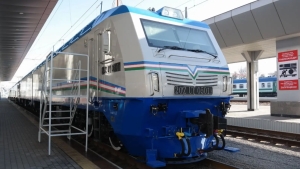The village roads will be paved by 2030

In the next five years, all roads in villages and rural areas will be completely asphalted. This was reported by Zamin.uz.
Transport Minister Ilhom Mahkamov announced this at a meeting of the Legislative Chamber of the Oliy Majlis. Currently, approximately 70 percent of rural roads in the country are covered with asphalt or gravel, while the remaining 30 percent lack such infrastructure.
The government is planning road construction based on a two-phase program. In the first phase, by 2026, the remaining rural roads will be covered with at least gravel.
In the second phase, by 2030, they will be fully asphalted. This project has been agreed upon with the Ministries of Economy and Finance and has financial support.
Cooperation has been established between local authorities and the Ministry of Transport, with the condition of roads being studied in each region and separate maps being created. Based on these maps, specific plans are being developed.
In road construction, not only asphalt but also new types of coverings that are weather-resistant and meet safety requirements are being tested. This change is of great importance for the rural population.
For many years, roads that turned into swamps during rain have negatively affected the quality of life of citizens. Now, measures are being taken to eliminate such problems.
For example, in mountainous areas, particularly in Fergana and Kashkadarya, the freezing of roads in winter complicated the arrival of emergency services. Now, work will be carried out to provide special equipment and road materials.
Asphalt roads will ensure access to schools, clinics, and markets, improving the quality of life for residents. This will help reduce the outflow of young people from rural areas.
Roads are considered the main arteries of the economy. If they are good, goods move freely, services accelerate, and investors show interest in the village.
For this reason, reforms in the road sector are of great importance for national development. Ilhom Mahkamov emphasized that the construction process should be open and transparent.
Each tender will be conducted under public supervision, and monitoring groups will operate in the regions. However, experts emphasize that not only funding but also the quality of work, the integrity of those responsible, and ongoing supervision are important.
In some areas, floods or landslides damage roads, so there is a need for durable and technical solutions. Overall, the implementation of the plan to asphalt all roads by 2030 is a significant goal.
If it is carried out carefully and step by step, it will yield results. Currently, road repair works are actively ongoing in the Republic of Karakalpakstan, Jizzakh, and Namangan regions.
Additional funding and the delivery of new equipment are planned by the end of the year. Once this project is fully implemented, positive changes will occur in the lives of millions of people.
Most importantly, the rural population will feel like an integral part of the development process







